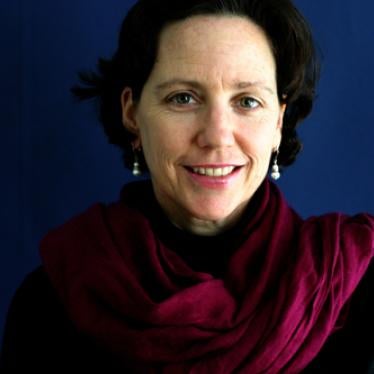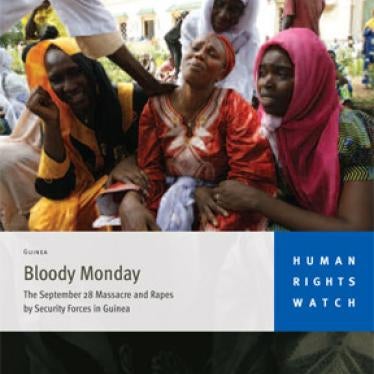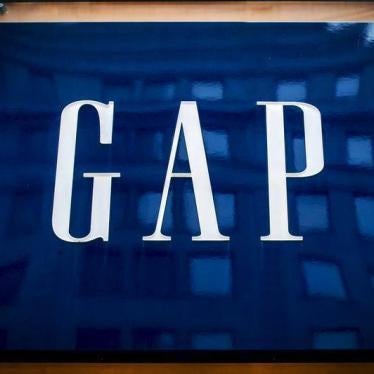Guineans were relieved when there was a bloodless coup last December after the death of the longtime president, Lansana Conté. Not only had the feared battle for succession among army factions been averted, but the coup leader, Captain Moussa Dadis Camara, vowed to root out corruption and hold elections within 60 days. Better yet, he promised not to run. "I have never had the ambition of power," he said at the time.
When Dadis recently reversed his promise not to run in the presidential election, now set for January, people began to take to the streets. On Monday thousands of people, who had lost hope in Guinea's long-repressive government, protested in the West African capital of Conakry. Security forces responded by opening fire and killing scores of people.
Guinea, resource-rich and desperately poor, has been plagued since independence in 1958 by authoritarian, brutal and corrupt regimes. Groups such as Human Rights Watch warned that the optimism that swept through the squalid quartiers of Conakry last December would likely be short-lived without pressure on the regime to respect the rights of the political opposition.
The early days of the coup leader's rule actually seemed somewhat promising. Camara, a charismatic captain in his signature red beret, was cheered when he embarked on a campaign to rid Guinea of the narco-traffickers who had turned Guinea into a veritable criminal state. Hats flew when Camara's boys arrested erstwhile untouchables, including the former president's son and high-ranking police officers.
When Camara turned his sights on the corrupt political elite who had for decades obscenely siphoned off the proceeds from vast mineral wealth, Guineans saw light at the end of the tunnel. "I was born in a hut. I walked to school ... Money means nothing to me," he said. Le Peuple, riveted to their TV screens, cheered as they watched Camara interrogate, scold and humiliate former high-ranking officials.
But then disconcerting things started happening: heavily armed soldiers carjacked vehicles and raided shops and homes. Groups of soldiers accused of coup plotting or nothing at all were detained without charge and shipped off to a notorious island prison while hushed family members spoke of the injuries they'd sustained in custody.
Human rights lawyers and heads of political parties received intimidating visits and calls by soldiers questioning their conduct or "inviting" them for a chat at the military camp-cum-seat of government.
As the weeks passed, the military house-cleaning was increasingly characterised by trampling of basic human rights. Public interrogations amid threats that common criminals "will be shot without trial" undermined the presumption of innocence. The powerful minister tasked with fighting serious crimes urged youths to form vigilante patrols and burn criminals caught "red-handed".
As opposition voices gained momentum, bans on phone text-messaging and political activity were imposed. Soldiers rolled up to stop rallies and on a few occasions, raided opposition party headquarters. As journalists questioned Camara's increasing grip on power, he outlawed all political content on popular radio phone-in shows. While some bans were later overturned, the message to journalists and opponents was clear: Camara was ready to silence them if he wanted to.
Camara has hinted that only a military man is up to the task of ridding Guinea of the twin evils of corruption and narco-trafficking. "It is in the hands of God," the captain has said, when asked whether he will run for office. For many Guineans who have known nothing but weak institutions and authoritarian government, backing the strongman may seem the safest option.
What happens over the next few months matters greatly: to families of the thousands of political prisoners who perished in Camp Boiro, the notorious gulag of Guinea's first president, Ahmed Sékou Touré, and those of the scores of demonstrators gunned down by Conté's security forces. It matters to the millions of Guineans who for decades have been denied the right to elect their leaders freely, much less have access to good schools and decent clinics for their children.
It matters to the people of neighbouring Sierra Leone and Liberia, whose fragile democracies would be undermined by the cross-border flow of arms and former combatants should Guinea's increasingly fractured army degenerate into factional infighting. It matters to west Africa's international partners, who have spent billions on nation-building there. And it matters to Africans continent-wide who are worried that coups and constitutional annulments allowing illegitimate heads of state to stay on indefinitely have come back into fashion.
With the protests and killings in Conakry, the window of opportunity for a more rights-respecting government in Guinea is quickly closing. The international community must bring all pressure to bear on the coup government to ensure that they hold free and fair elections, devoid of military interference. Without that, we will face the prospect of an ever-deepening and violent crisis that threatens Guinea, and its fragile neighbours, too.







